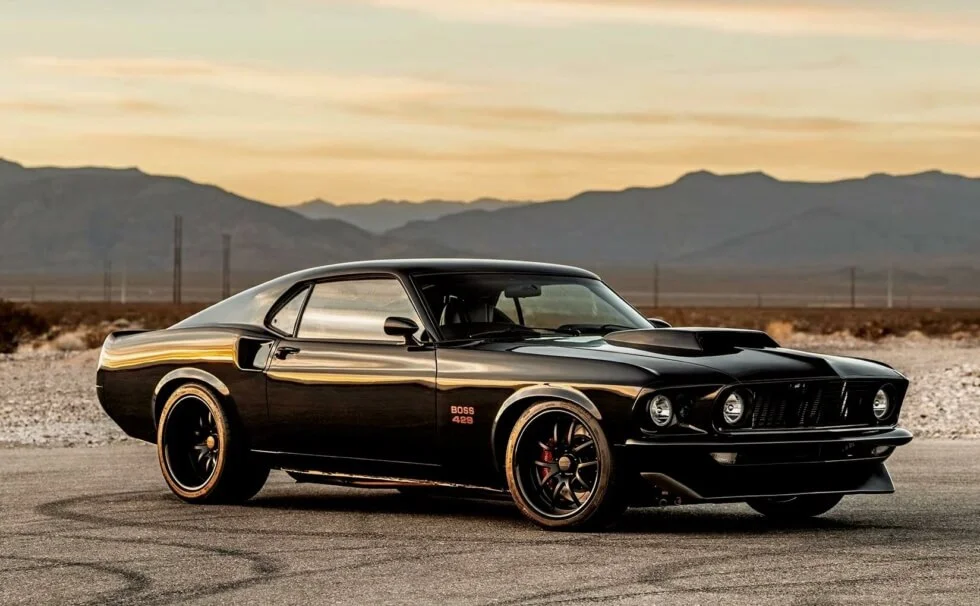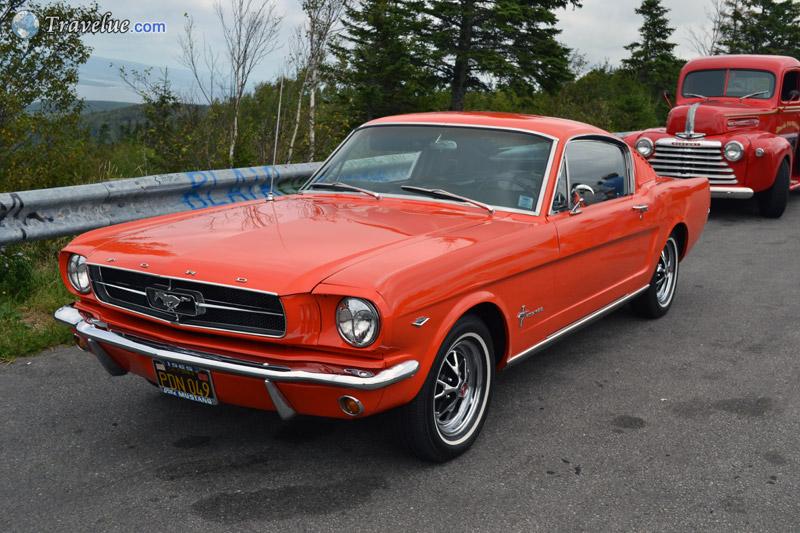Should I Convert My Classic Car to Electric?
By Sebastian Orellana
Updated Feb 17, 2024

Converting a classic car from gasoline-powered to electric power has become increasingly popular in recent years. With advances in electric car technology, classic car enthusiasts can enjoy the classic look and feel of their favorite vehicles while benefiting from the efficient and clean power of electric power.
Table of Contents
This post will discuss the advantages and disadvantages of converting a classic car to electric power, as well as the steps that need to be taken to restore a classic car successfully.
READ: Life-cycle Analysis of Electric Vehicles and Their Environmental Impact
Advantages of Converting a Classic Car to Electric

The primary advantage of converting a classic car to electric power is that it is more efficient and environmentally friendly than running a classic car on gasoline. Electric vehicles produce fewer emissions and are more efficient than gasoline-powered cars. Additionally, electric cars are quieter, making them an excellent option for classic car owners who want to enjoy their classic car without the noise of a gasoline engine. Electric cars also require less maintenance than gasoline-powered cars, as they have fewer moving parts. Electric cars are typically cheaper to maintain in the long run.
Furthermore, electric power allows classic car owners to customize their cars with more modern technology. For example, electric cars can be equipped with advanced features such as regenerative braking, which helps reduce the energy used when braking. Additionally, electric cars can be equipped with powerful motors that can provide greater acceleration and torque than gasoline-powered cars, making them great for classic car enthusiasts who want to experience the thrill of classic car driving.
Disadvantages of Converting a Classic Car to Electric
While converting a classic car to electric power offers many advantages, there are also some potential drawbacks. One of the primary disadvantages of electric power is the cost of converting a classic car. Converting a classic car to electric power can be costly, as it requires the purchase of electric components such as batteries, motors, and controllers. Additionally, installing these components can be labor intensive and may require the assistance of a professional.
Another potential disadvantage of converting a classic car to electric power is the lack of range. Electric cars typically have a much shorter range than gasoline-powered cars, so classic car owners may need to plan their trips carefully and take frequent stops to charge the car’s batteries. This can be inconvenient for classic car owners who want to take long trips or are used to a gasoline-powered car's convenience.
Finally, electric cars may not be able to achieve the same level of performance as gasoline-powered cars. While electric cars can provide greater acceleration and torque, they may not be able to reach the same top speeds as gasoline-powered cars. Additionally, electric cars may not be able to handle off-road driving as well as gasoline-powered cars.
READ: Electric Truck Conversion Kit
Steps for Converting a Classic Car to Electric

To successfully convert a classic car to electric power, a few steps need to be taken. The first step is to select the appropriate components for the conversion. This includes selecting the appropriate batteries, motor, and controller for the car, as well as any other components that may be necessary. It is important to select components designed for electric cars, as these components work together to provide efficient power.
The next step is to install the components. This can be a labor-intensive process and may require the assistance of a professional. Ensuring all parts are installed correctly is vital, as improper installation can lead to damage or malfunctions.
The final step is to test the car and ensure it runs correctly. It is crucial to try the car in a variety of conditions to ensure that it is functioning correctly. This may include testing the car in off-road conditions and on the highway.
READ: Depreciation Rates: Electric Vehicles vs Conventional Cars
Should I Convert My Classic Car to Electric? - Conclusion
Converting a classic car to electric power offers many advantages, including increased efficiency, lower emissions, and advanced features such as regenerative braking. However, it is essential to consider the potential drawbacks of electric power, such as the cost associated with the conversion and the shorter range of electric cars.
Additionally, it is vital to take the necessary steps to successfully convert a classic car, such as selecting the appropriate components and installing them correctly. With the right approach, classic car owners can enjoy the benefits of electric power while still maintaining the classic look and feel of their favorite vehicles.
